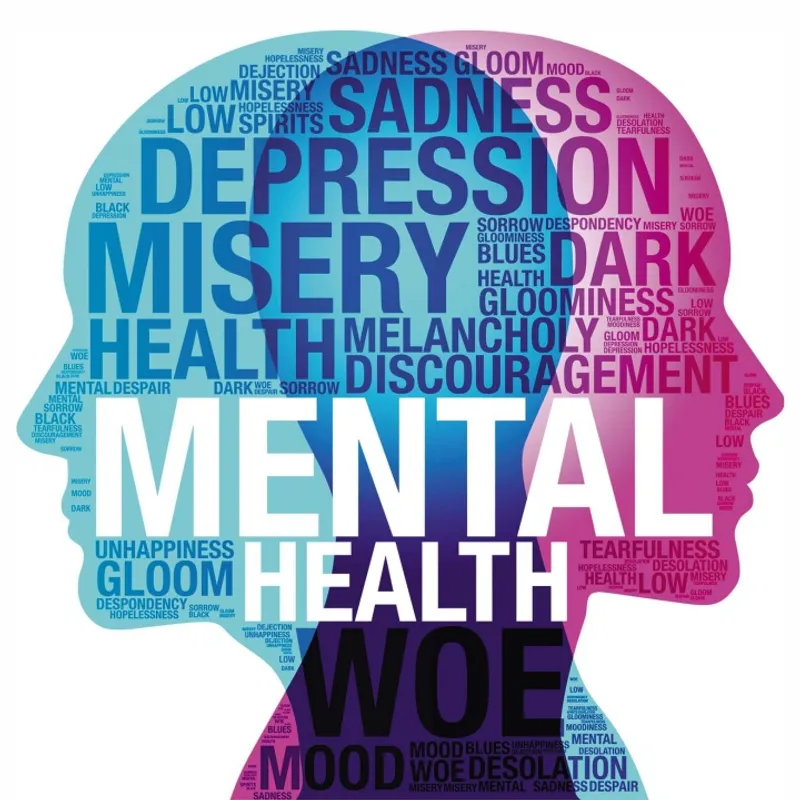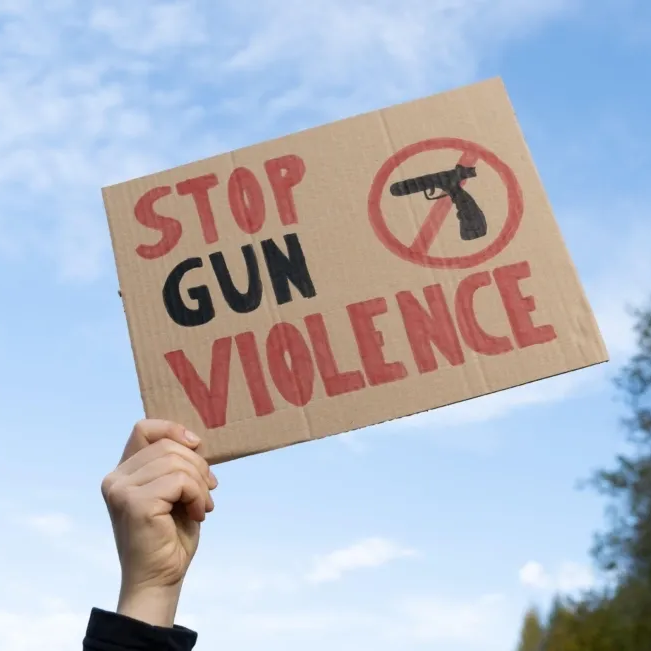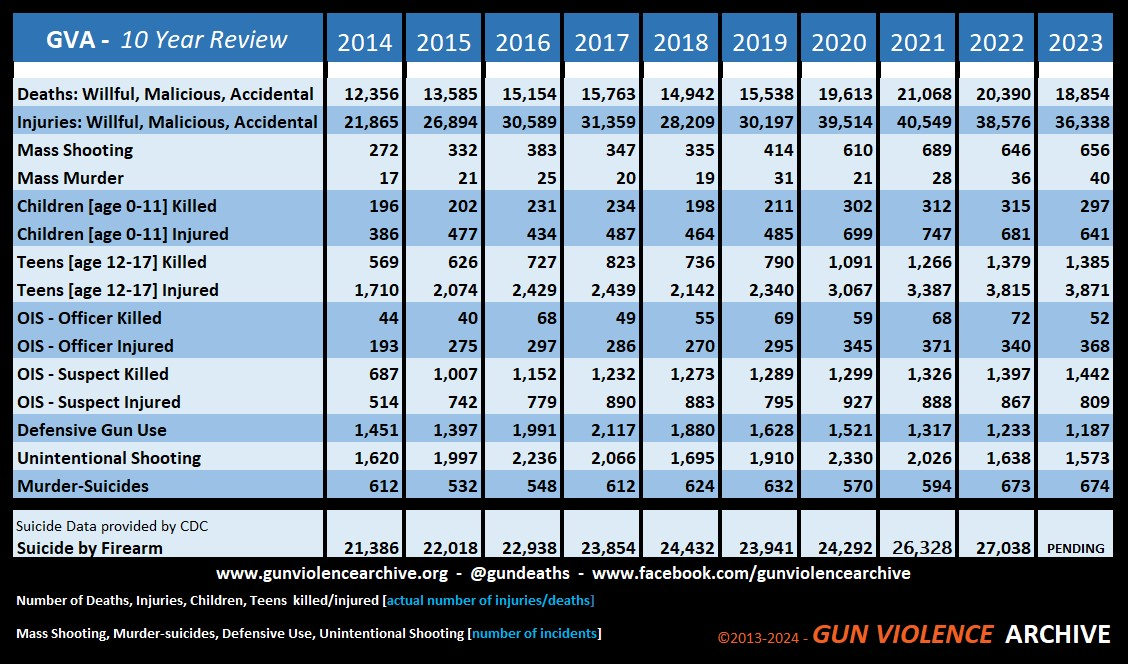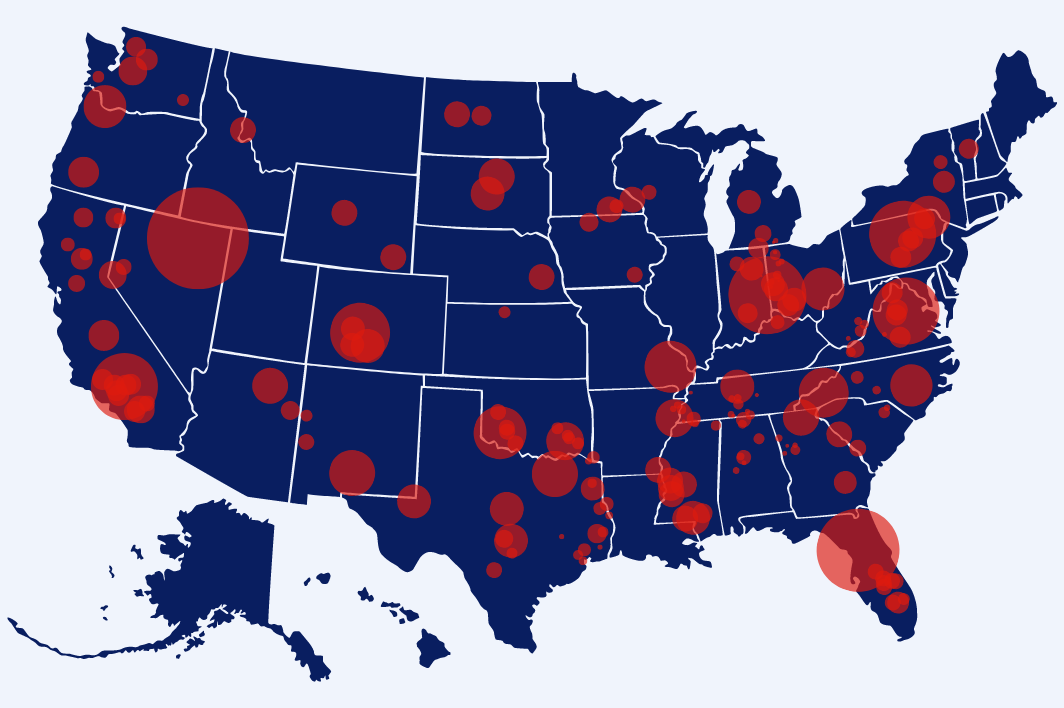Introduction to NMHIC
In this short video Greg Alexander, our Founder, shares the concepts and ideas that the National Mental Health Information Center is built upon.

About Mental Verification Technologies
Mental Verification Technologies has developed a HIPAA compliant, patent-pending process with two products that address important aspects of public safety and mental health, albeit from different angles. The PASS/FAIL product aims to prevent potential risks associated with firearm access among individuals with SEVERE mental health issues, while MENTAL HEALTH ALERT focuses on enhancing law enforcement response to SEVERE mental health crises.
“Only with gun violence do we respond to repeated tragedies by saying that mourning is acceptable but discussing how to prevent more tragedies is not. But that’s unacceptable. As others have observed, talking about how to stop a mass shooting in the aftermath of a string of mass shootings isn’t ‘too soon.’ It’s much too late.”
— Ezra Klein, co-founder of Vox & columnist for The New York Times

Stats About Gun Violence

Just the Numbers...
- 4 in 10 Republicans support mental health tests before any gun purchase.
- 1 in 2 gun owners support annual mental health assessments for gun ownership.
- 54% of those in support of mental health assessments for gun ownership believe they should be done yearly.
- Mass shooters having a history of mental illness is the #1 reason why Americans say mental health assessments are necessary for gun ownership.
- Mandated mental health assessments prior to gun ownership ensures collective accountability to support individuals and ensure safe communities.


The number of guns Americans bought in 2023
Concerns over COVID-19, social unrest, and the presidential election pushed gun sales to record highs in 2020. Though gun sales have declined steadily since, 2023 may be the first time in four years that they have dipped to pre-pandemic levels. Through November, gun sales were slightly lower than the same period in 2016.

The number of firearm deaths, excluding suicides, in 2023
Gun deaths, excluding suicides, fell for the second straight year, down 7 percent from 2022's total of more than 20,000. The decline reverses a trend that peaked during the pandemic in 2021 when the United States suffered the most gun deaths on record. This total comes from the nonprofit Gun Violence Archive, and it includes murders, accidental shootings, and homicides deemed legally justified. The Gun Violence Archive does not track suicides, which account for more than half of all gun deaths.

The number of children and teenagers shot in 2023
Firearms surpassed motor vehicle crashes to become the leading cause of death among children and teenagers for the first time in 2020. Since the pandemic, most of these deaths have been homicides. This is in contrast to the U.S. population at large, for which suicide is the main driver of firearm death. Of the 6,192 children and teenagers under 18 who were shot in 2023, more than 1,600 died.

The number of states that expanded background checks, passed red flag laws, or imposed waiting periods on gun sales in 2023
While there was no major federal legislation to address gun violence in 2023, several states took action. Michigan and Minnesota expanded background checks to cover most private gun sales. They also passed Extreme Risk Protection Order laws, commonly known as red flag laws, which allow courts to issue orders to seize guns from people deemed imminently dangerous. Colorado, Vermont, and Washington state imposed waiting periods on firearm purchases, putting time between when a person buys a firearm and when they're able to take possession of it. With these additions, 21 states now have red flag laws, 20 have expanded background checks, and 11 have waiting periods.


